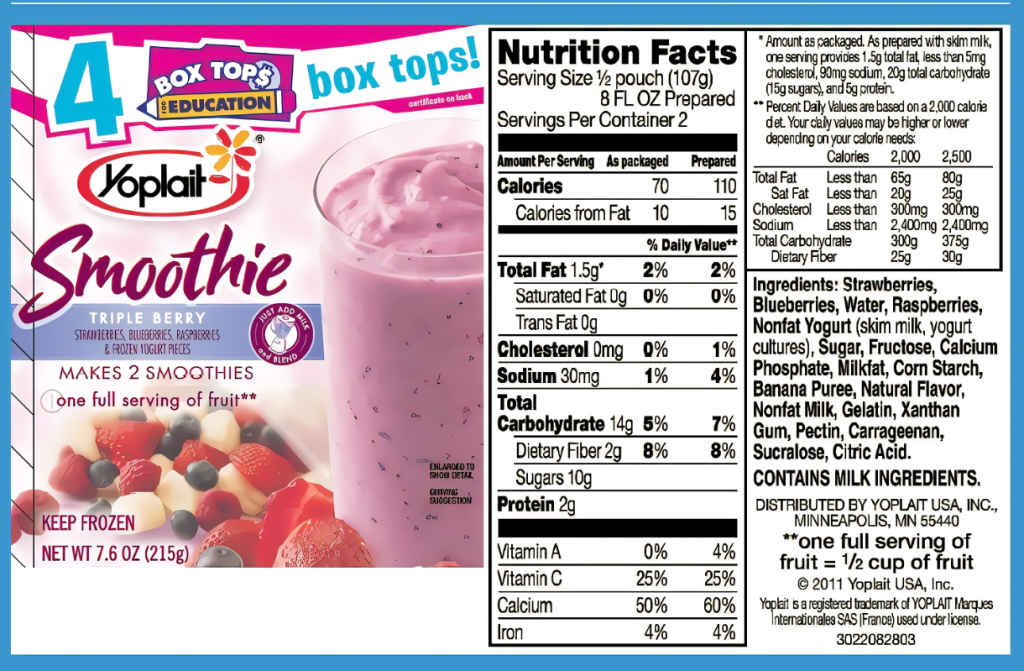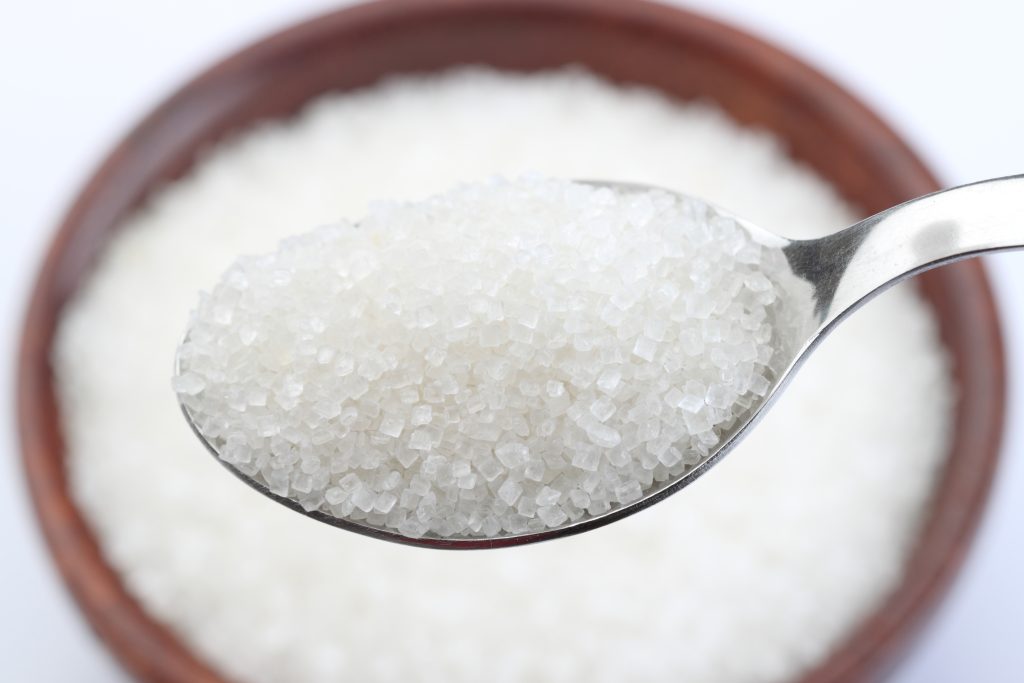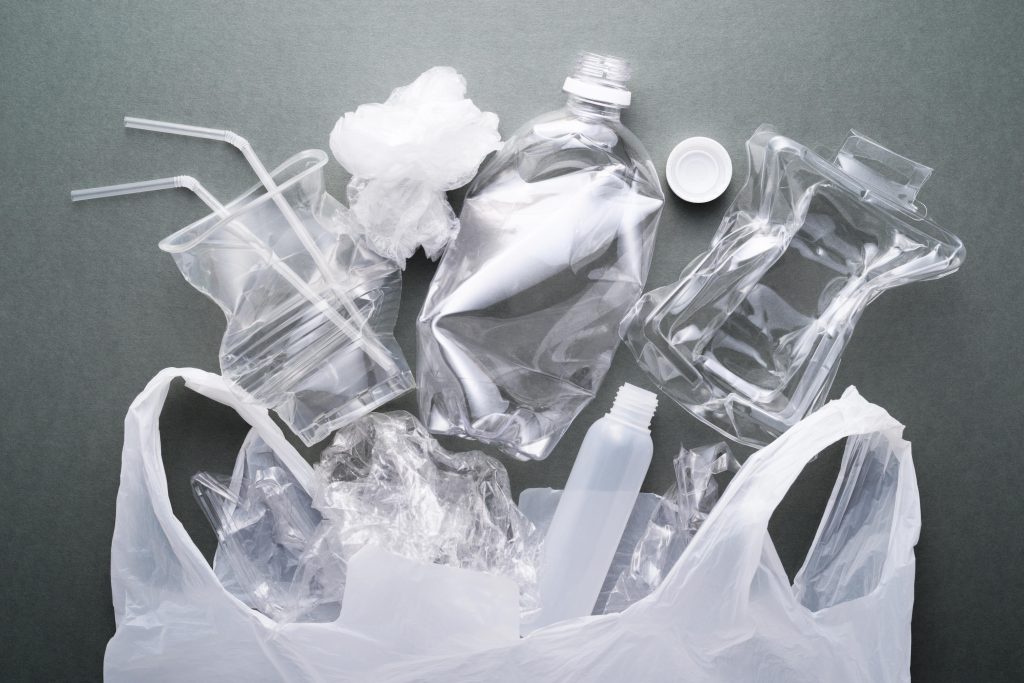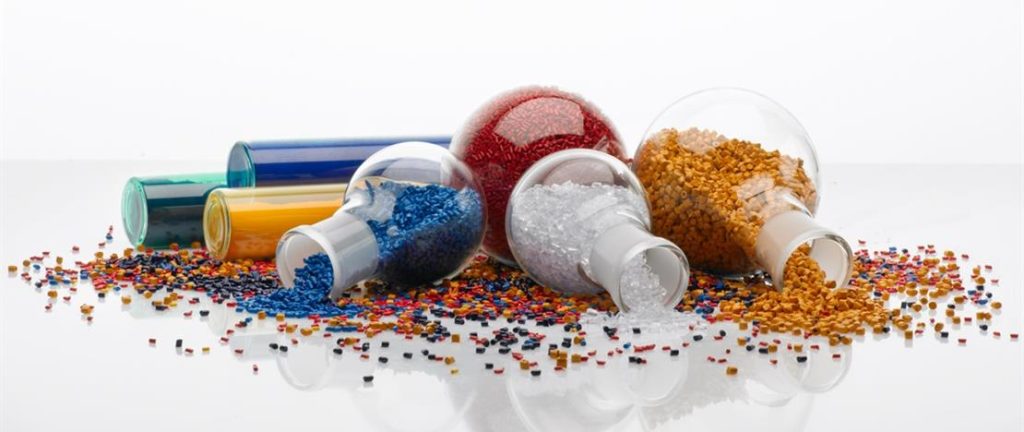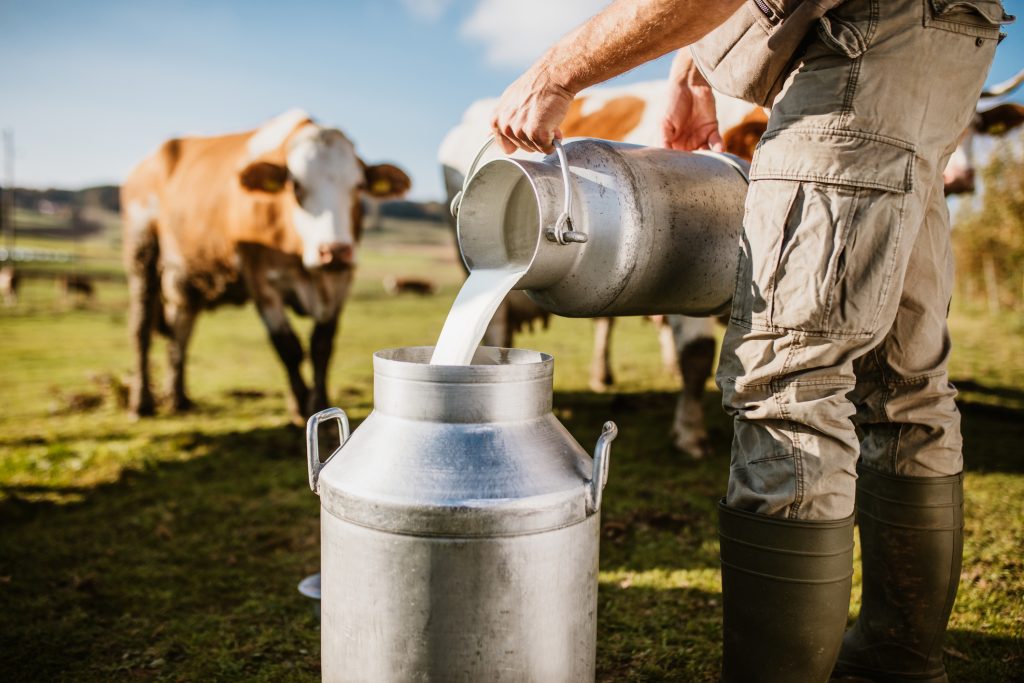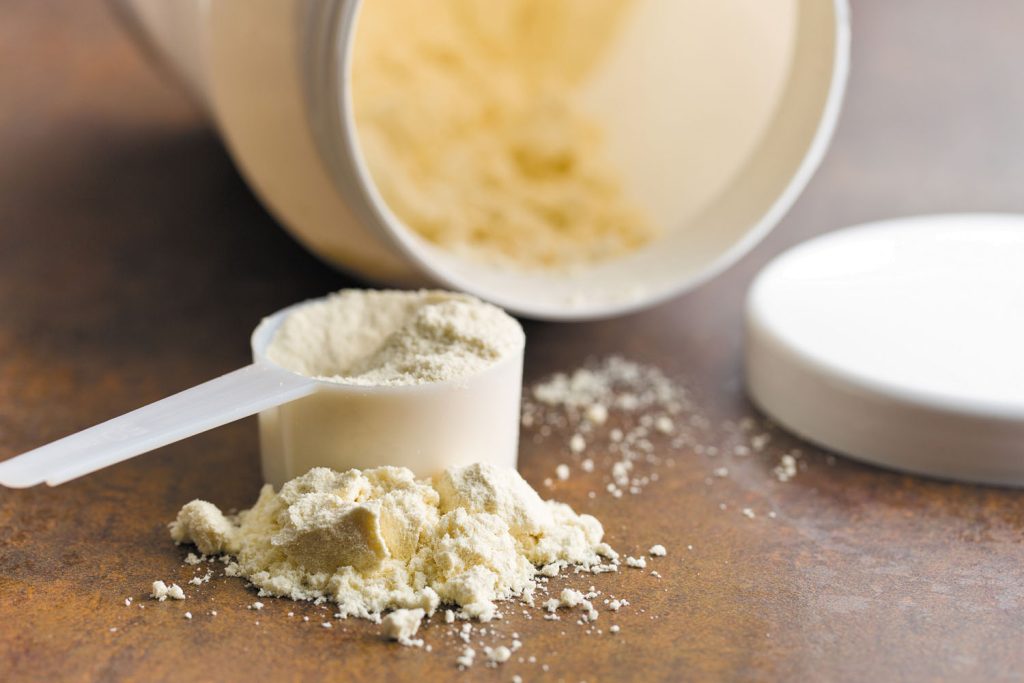Smoothies, often celebrated as a cornerstone of health-conscious diets, might not always be the paragons of wellness they’re made out to be. This revelation comes with the understanding that hidden within these seemingly wholesome beverages are potential toxins in your ‘healthy’ smoothies. This article aims to shed light on these concealed hazards, ranging from misleading labels to harmful chemicals leaching from plastic containers. By exploring these overlooked aspects, it becomes clear that the true health value of a smoothie depends significantly on its ingredients and preparation. This exploration is not just about critiquing a popular health trend but about empowering you to make informed and genuinely healthy choices.
Contents
- 1 Misleading Labels: The Truth Behind “Healthy” Claims
- 2 Sugar Overload: Not So Sweet for Your Health
- 3 Pesticides in Produce: The Organic Dilemma
- 4 The Perils of Plastic Packaging
- 5 Artificial Additives: Colors, Flavors, and Preservatives
- 6 The Dairy Debate: Hormones and Antibiotics
- 7 Protein Powders: Not Always Pure
- 8 Empower Your Smoothie, Empower Your Health
Misleading Labels: The Truth Behind “Healthy” Claims
The term “healthy” on smoothie labels can be deceiving. Many smoothies, especially those available in stores, are branded with health-conscious buzzwords that don’t always align with their nutritional content. Terms like “all-natural” or “packed with vitamins” can be misleading, as they don’t necessarily equate to being low in sugar or free from harmful additives. Consumers often overlook the fine print, where a long list of ingredients, some of which are far from natural, hide. It’s essential to read beyond the enticing labels and understand the actual composition of these beverages.
In the realm of smoothie marketing, what’s omitted is just as important as what’s advertised. Labels may boast about the inclusion of real fruits and no artificial flavors, yet they conveniently omit information about added sugars or preservatives. This selective disclosure can lead consumers to believe they’re making a healthy choice when, in fact, they’re consuming hidden sugars and chemicals. The key is to be vigilant and informed – understanding ingredient lists and nutritional information is crucial in making truly healthy smoothie choices.
Sugar Overload: Not So Sweet for Your Health
Smoothies, particularly those pre-made or ordered at cafes, often contain alarmingly high levels of sugar. While fruits naturally contain sugar, the additional sweeteners like honey, agave, or even table sugar can turn a healthy drink into a sugary concoction. These excessive sugar levels can lead to health issues such as weight gain, insulin resistance, and an increased risk of chronic diseases. It’s not just the added sugars; even natural sugars, when consumed in large quantities, can have adverse health effects.
Homemade smoothies are not immune to the sugar trap. Without realizing it, adding various fruits, flavored yogurts, or sweetened milks can significantly increase the sugar content. The key to a healthier smoothie is balance – incorporating a mix of vegetables, low-sugar fruits, and natural, unsweetened bases. By controlling the ingredients, you can ensure your smoothie is not only delicious but also nutritionally balanced.
Pesticides in Produce: The Organic Dilemma
The fruits and vegetables that form the base of many smoothies can carry hidden toxins in the form of pesticides. Non-organic produce is often treated with these chemicals to ward off pests and diseases, but they can linger on fruits and vegetables. When these ingredients are blended into a smoothie, the pesticides are ingested as well. While washing produce can reduce some residues, it doesn’t eliminate them completely, raising concerns about long-term health effects.
Opting for organic produce can be a safer choice. Organic fruits and vegetables are grown without synthetic pesticides or fertilizers, making them a healthier option for smoothie ingredients. However, organic produce can be more expensive and less accessible than non-organic options. For those on a budget or with limited access to organic produce, focusing on thoroughly washing fruits and vegetables, and peeling skins when possible, can help reduce the intake of harmful chemicals.
The Perils of Plastic Packaging
Plastic packaging and blender components can introduce toxins into smoothies. Many plastics contain chemicals like BPA and phthalates, which can leach into food and drinks, especially when exposed to heat or when the plastic is old or damaged. These chemicals are endocrine disruptors, potentially affecting hormonal balance and posing other health risks. The convenience of plastic smoothie bottles and blenders comes with a hidden cost to health.
To mitigate these risks, consider alternatives to plastic. Glass or stainless steel containers are safer options for storing and drinking smoothies. Similarly, choosing blenders with glass or stainless steel components can reduce the risk of chemical leaching. While it might require an initial investment or a change in habits, using safer materials for your smoothie preparation and consumption can significantly reduce your exposure to harmful toxins.
Artificial Additives: Colors, Flavors, and Preservatives
Many smoothies, especially commercially produced ones, contain artificial additives like colors, flavors, and preservatives. These additives are used to enhance the appearance, taste, and shelf life of the products, but they can have adverse effects on health. Artificial colors and flavors are often derived from chemical sources, and some have been linked to health issues such as allergies and hyperactivity in children. Preservatives, while extending the product’s usability, can disrupt gut health and may have other long-term health implications. It’s crucial for consumers to scrutinize ingredient lists for these additives and opt for smoothies made from natural, whole ingredients.
Unfortunately, the allure of a brightly colored, flavorful smoothie can be hard to resist, but the health costs might outweigh the sensory benefits. Some artificial additives have been associated with more serious health risks, including certain cancers and endocrine disruption. The problem is compounded by the fact that the long-term effects of many of these chemicals are still not fully understood. For those who want to stay on the safe side, making smoothies at home with organic fruits and vegetables is a safer bet. This way, you can enjoy the natural flavors and colors of your ingredients without the risk of consuming harmful artificial additives.
The Dairy Debate: Hormones and Antibiotics
Milk-based smoothies are a popular choice for their creamy texture and protein content. However, conventional dairy products used in these smoothies can contain hormones and antibiotics, which are administered to cows to increase milk production and prevent diseases. These substances can make their way into your smoothie, posing potential health risks such as hormonal imbalances and antibiotic resistance. While the dairy industry regulates these additives, the long-term effects of consuming them through dairy products are a growing concern. Consumers should be aware of these potential risks when choosing milk-based smoothies.
Plant-based alternatives offer a solution to those concerned about hormones and antibiotics in dairy. Almond milk, soy milk, and oat milk are popular dairy substitutes that can provide a similar creamy texture without the associated risks of animal-derived hormones and antibiotics. These alternatives not only cater to those with lactose intolerance or vegan preferences but also to anyone looking to reduce their exposure to these substances. When selecting plant-based milks, it’s still important to choose options with minimal additives and sugars to maintain the health benefits of your smoothie.
Protein Powders: Not Always Pure
Protein powders are a common addition to smoothies, especially for those looking to boost their protein intake. However, not all protein powders are created equal. Some contain added sugars, artificial flavors, or worse, contaminants like heavy metals, which can be harmful to health. These contaminants can come from the processing methods or the quality of the ingredients used in the protein powders. Consumers should be diligent in researching and selecting high-quality, clean protein powders for their smoothies.
Reading labels and choosing reputable brands is key when it comes to protein powders. Look for products with minimal ingredients and without added sugars or artificial flavors. Organic and non-GMO labels can also be indicators of higher quality. Some brands undergo third-party testing for contaminants, which can provide an additional layer of assurance. By being selective about the protein powder you add to your smoothie, you can enjoy the benefits of increased protein without the risks of unwanted additives and contaminants.
Empower Your Smoothie, Empower Your Health
While smoothies can be a nutritious addition to your diet, it’s vital to be aware of the hidden toxins they may contain. From scrutinizing labels for misleading claims to choosing organic produce and being cautious about additives in protein powders, every choice matters. Remember, the power to make healthier smoothie choices lies in your hands. By being informed and selective, you can ensure that your smoothies are truly beneficial to your health. So embrace the responsibility of making informed decisions for your well-being!
